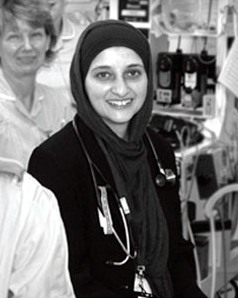What is medical anthropology? Today we will study about this lesson. Be carefull...
Medical anthropology studies "human health and disease, health care systems, and biocultural adaptation". It views humans from multidimensional and ecological perspectives. It is one of the most highly developed areas of anthropology and applied anthropology, and is a subfield of social and cultural anthropology that examines the ways in which culture and society are organized around or influenced by issues of health, health care and related issues.
The term "medical anthropology" has been used since 1963 as a label for empirical research and theoretical production by anthropologists into the social processes and cultural representations of health, illness and the nursing/care practices associated with these.
Furthermore, in Europe the terms "anthropology of medicine", "anthropology of health" and "anthropology of illness" have also been used, and "medical anthropology", was also a translation of the 19th century Dutch term "medische anthropologie". This term was chosen by some authors during the 1940s to refer to philosophical studies on health and illness.








